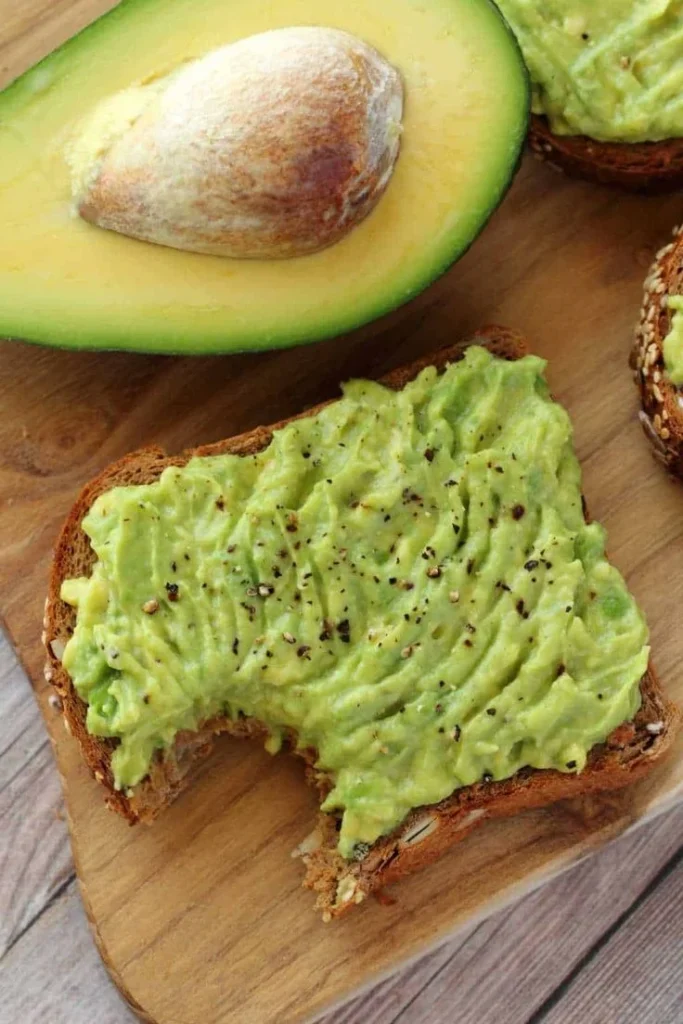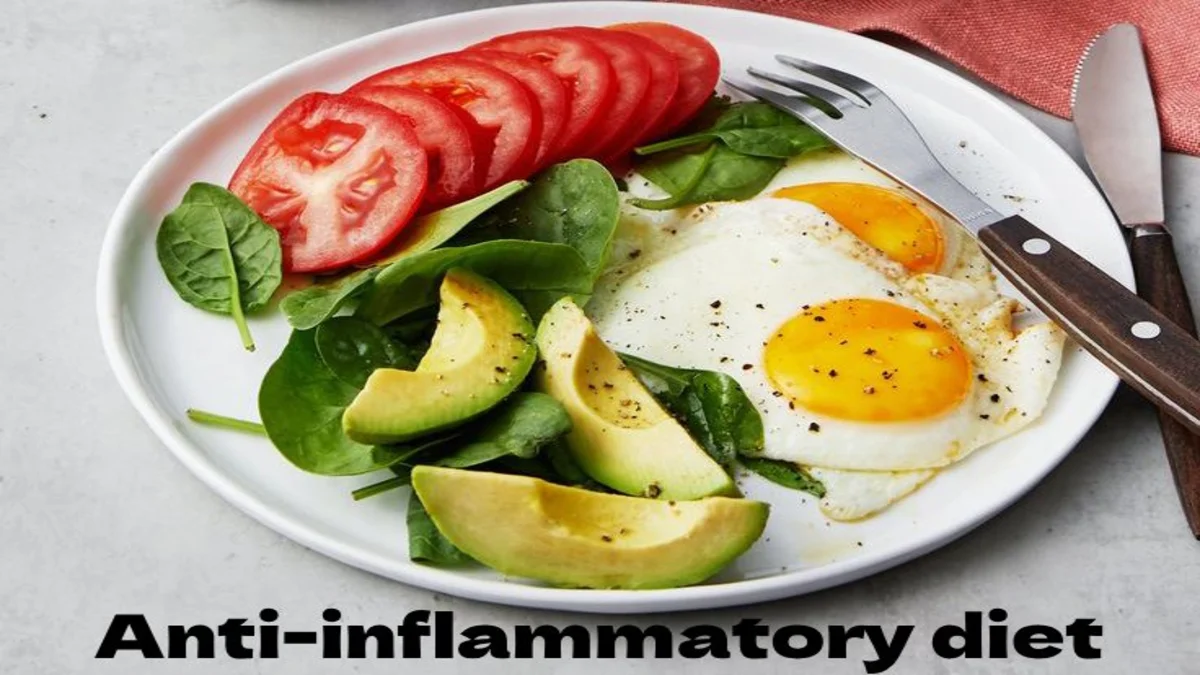Ready to stop stress eating to the curb? These 12 simple strategies will help you overcome the urge to reach for unhealthy snacks and find healthier ways to cope with stress.
Surprisingly, there is a substantial scientific basis for stress-related eating habits.
Researchers have long examined the relationship between stress and weight gain, particularly about the widespread issue of obesity.
Recent findings from the Gallup Global Emotions Report reveal that stress levels among individuals in the United States are notably higher than the international average.
The latest data from government reports indicate that over 40% of Americans are classified as obese, suggesting a plausible correlation between this statistic and our levels of stress.
What is stress eating?
Stress eating, sometimes called emotional eating, involves consuming food in response to emotions.
This behavior often occurs when you aren’t necessarily hungry, but feelings prompt you to eat.
When feeling stressed, whether physically or mentally, the body releases cortisol, a steroid hormone.
Cortisol plays various roles in the body, such as regulating metabolism and blood sugar levels.
Short-term stress responses can suppress appetite, but prolonged stress from sources like financial troubles or relationship issues can lead to consistently high cortisol levels, raising blood sugar and appetite.
This can result in cravings for sugary or fatty foods, which are high in calories and may contribute to weight gain and unhealthy eating habits.
12 Ways to Stop Stress Eating
1. Get yourself a glass of water
One of the most classic methods around, according to Celio, is to kick off stress relief by simply quenching your thirst with a refreshing glass of water.
Often, we neglect proper hydration and may mistake feelings of hunger or overwhelming stress for plain old thirst.
2. Write it down
Celio suggests that using a notepad instead of electronic devices like phones or computers to physically jot down notes can greatly alleviate stress.
She advises creating bullet points listing all stressors and the reasons behind them.
“Writing everything down can help identify the sources of stress and offer a fresh perspective.
For instance, snacking on pretzels won’t fix a broken faucet, but watching a YouTube tutorial might,” she explains.
3. Sip on tea

Susan Albers, a psychologist at the Cleveland Clinic and bestselling author of Eating Mindfully, suggests that having a mug, boiling water, a cinnamon stick, and a teaspoon of honey can help alleviate sugar cravings during stressful times.
Research shows that cinnamon can effectively regulate insulin levels.
Try adding a dash of cinnamon to your morning coffee or opt for a spicy chai tea over English breakfast tea.
If cinnamon isn’t your thing, perhaps another soothing tea could help.
According to Jessica Levinson, M.S., R.D.N., C.D.N. a culinary nutrition expert, she prefers to unwind with a cup of chamomile tea and practice meditation when feeling stressed.
Taking a moment to focus on your breathing and meditate is a known way to relieve stress, and chamomile has also been proven to reduce anxiety in adult consumers.
4. Go for a 15-minute stroll.
Levinson suggests that when the desire to eat due to stress, boredom, sadness, or other emotions strikes, going for a walk or run outdoors can help.
Engaging in physical activity releases endorphins that promote relaxation, while the fresh air acts as a natural stress reducer.
Celio concurs, proposing that engaging in any form of consistent moderate exercise stands out as one of the most effective actions for enhancing our emotional and physical well-being.
“Discover an activity you enjoy – whether it’s brisk walking, using a stationary bike, practicing planks, or dancing freely – and engage in it daily for at least 10 minutes, preferably 30 minutes,” she explains.
“This practice uplifts your spirits, enhances sleep quality, bolsters your gut flora, and offers a stimulating challenge to improve and grow stronger.
5. Peel a clementine
Peeling a clementine can be a relaxing practice that promotes mindfulness.
According to Albers, it becomes a mini-meditation session that requires both hands to be actively involved.
Additionally, the soothing aroma of citrus has been proven to induce a sense of tranquility, potentially curbing cravings for office doughnuts.
To maximize relaxation, leisurely peel the fruit in a spiral motion while taking deep breaths to enjoy the scent. When finished, consume one segment at a time, relishing every bite.
Celio recommends a quick breathing technique when fruits are not easily accessible. Inhale for five seconds, hold for seven and exhale for eight, repeating at least six times.
It only takes two minutes, yet it aids in realigning the mind and promoting relaxation.
6. Make avocado toast

When selecting a snack, prioritize something that doesn’t add to your stress, advises Harbstreet.
She suggests avoiding elaborate, high-end meals made from scratch or dishes with rare ingredients. Instead, opt for simple, familiar options.
Additionally, choose something that truly satisfies your cravings.
Avocado toast is an excellent choice since it’s quick yet incredibly fulfilling.
According to Levinson, the combination of healthy fats, protein, and fiber in avocado helps you feel satisfied, reducing the urge to overindulge in other foods.
Additionally, whole-grain bread’s complex carbohydrates can enhance serotonin levels in the brain, promoting a sense of well-being.
There’s no need to convince us twice!
7. Think long-term
“According to Albers, studies show that the enjoyment derived from consuming comfort foods typically lingers for just three minutes.
Keeping this timeframe in mind proves beneficial, prompting me to ask, ‘What will truly uplift me for more than 3 minutes?'”
Typically, it isn’t a cookie.
Celio also advises taking a moment to assess whether you are hungry or simply seeking an energy boost when you feel like eating.
Are we searching solely for a change in how we feel?
“Using food to alter emotional states is a common practice,” she states.
While indulging in sugary treats may provide an instant boost of energy and positive emotions, she cautions against the subsequent sugar crash that can lead to long-term lethargy and low moods.
8. Enjoy a mustard soak
Albers expresses her fondness for indulging in an English mustard bath, noting that dried mustard has long served as a natural way to generate warmth.
By combining a couple of tablespoons of this ingredient with Epsom salts and lavender essential oil in a warm bath, she describes the experience as an immediate source of relaxation.
Particularly on chilly evenings in fall or winter, this practice provides a soothing alternative to seeking comfort in indulgent foods.
9. Get distracted
Dr. Jennifer Nasser, an associate nutrition sciences professor at Drexel University, suggests keeping yourself occupied with enjoyable activities to keep your hands and mind engaged.
Engaging in activities like knitting, coloring, or drawing can help divert your focus from food-related thoughts, according to Dr. Nasser.
Dr. Bazilian concurs, recommending reaching out to a friend via text, perusing your email, or indulging in a short mobile game as effective methods to navigate cravings triggered by stress.
Celio suggests focusing on generating constructive reactions during times of stress.
This energy could be directed towards beneficial activities like enjoying a hot shower, tidying up the kitchen, or finally completing a lingering task on our to-do list.
10. Strategize your snack choices

For those prone to stress eating, keep low-calorie finger foods like baby carrots, apple slices, or celery available, as recommended by Nasser.
To enhance satiety, consider incorporating nut butter for added protein.
Nasser suggests combining sweet treats with protein-rich options, such as cottage cheese with honey and a sprinkle of cinnamon, to enjoy the sweetness while benefitting from the fullness cues that protein provides to help curb overeating.
Harbstreet advises ensuring to consume food when experiencing physical hunger.
If several hours have passed since your last meal without a snack, your hunger could be exacerbating stress. In such a situation, it is recommended to eat something.
11. Indulge yourself, but stick to a strategy.
“Consider what truly brings you joy,” Bazilian suggests. “Could it be a heavenly piece of chocolate or a small serving of your preferred ice cream?”
Plan to indulge yourself once or twice a week, aiming for quality over the common junk food options often found in office cafeterias or fast food joints.
12. Don’t skip meals
Highly essential for stress management, proper nutrition plays a crucial role.
For instance, individuals deficient in magnesium, like the majority of the population, might notice a rise in sugar cravings.
Bazilian points out that missing meals can make it challenging to obtain all the necessary nutrients.
If your timetable is jam-packed, prepare several pre-portioned nutritious snacks to replace a full meal.
Consider options like almonds and raisins, plain yogurt, fresh fruit, single-serving 1-ounce cheeses, and whole grain crackers.
Keep them readily available for easy snacking, as convenient as chips, pretzels, candies, cake, and doughnuts.
Celio points out that skipping meals for extended periods can lead to a drop in blood sugar levels, causing emotional shifts commonly referred to as “hangers.
” These fluctuations occur due to irregular blood sugar spikes resulting from the lack of consuming nourishing, fiber-packed foods.
Therefore, opting to skip meals is not a wise decision when aiming to steer clear of emotional eating.
Summary
During these times of the ongoing COVID-19 outbreak, being confined to your home may lead to feelings of stress and boredom, potentially raising the likelihood of overeating.
Enjoying comfort foods here and there, particularly when stressed, is normal, but consistently overeating can negatively impact your overall well-being, both physically and mentally.
The tips grounded in the evidence above could assist in managing stress eating and enhancing several other aspects of your well-being.
References
- https://pubmed.ncbi.nlm.nih.gov/18413289/
- https://www.ncbi.nlm.nih.gov/pmc/articles/PMC4715663/
- https://www.ncbi.nlm.nih.gov/pmc/articles/PMC2895000/
- https://www.ncbi.nlm.nih.gov/pmc/articles/PMC4940461/
- https://www.ncbi.nlm.nih.gov/pmc/articles/PMC3607652/
- https://www.ncbi.nlm.nih.gov/pmc/articles/PMC4960974/





